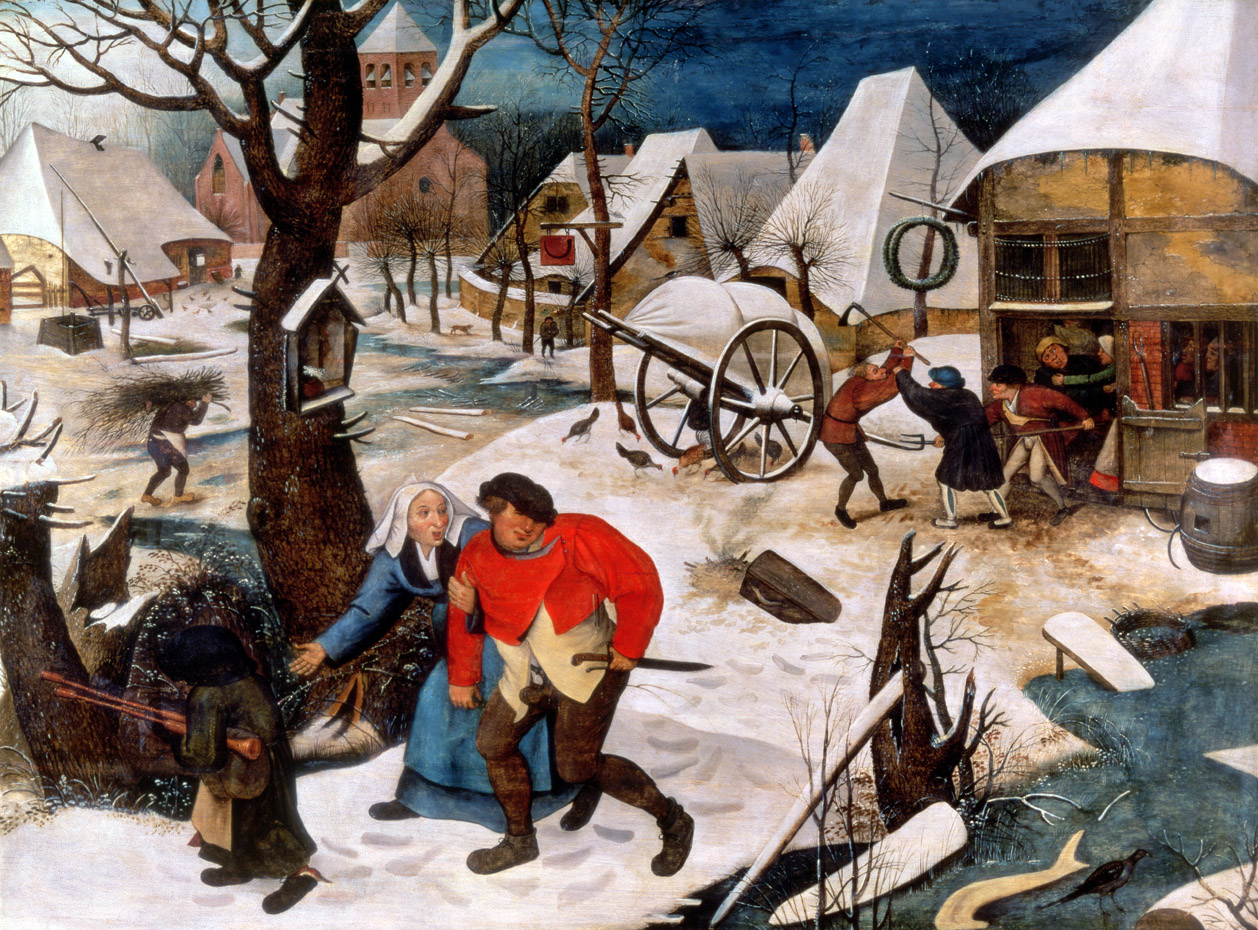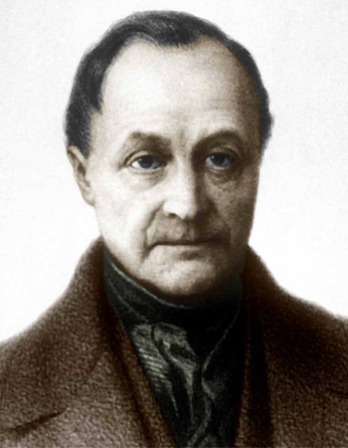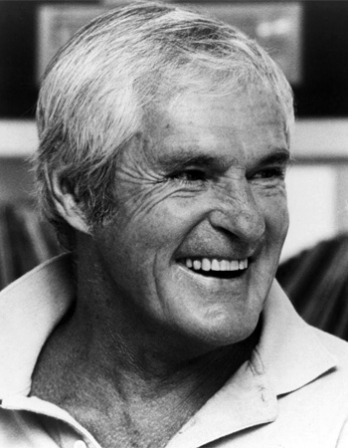People who’ve drunk neat wine don’t care a damn.
—Hipponax, 550 BCBetter than a Gallon of Gall
Abraham Lincoln addresses a temperance society.
Although the temperance cause has been in progress for near twenty years, it is apparent to all that it is just now being crowned with a degree of success hitherto unparalleled. For this new and splendid success we heartily rejoice. That that success is so much greater now than heretofore is doubtless owing to rational causes, and if we would have it continue, we shall do well to inquire what those causes are.
The warfare heretofore waged against the demon intemperance has somehow or other been erroneous. Either the champions engaged or the tactics they adopted have not been the most proper. These champions for the most part have been preachers, lawyers, and hired agents. Between these and the mass of mankind there is a want of approachability, if the term be admissible, partially, at least, fatal to their success. They are supposed to have no sympathy of feeling or interest with those very persons whom it is their object to convince and persuade.
And again, it is so common and so easy to ascribe motives to men of these classes other than those they profess to act upon. The preacher, it is said, advocates temperance because he is a fanatic, and desires a union of the church and state; the lawyer from his pride and vanity of hearing himself speak; and the hired agent for his salary. But when one who has long been known as a victim of intemperance bursts the fetters that have bound him and appears before his neighbors “clothed and in his right mind,” a redeemed specimen of long-lost humanity, and stands up, with tears of joy trembling in his eyes, to tell of the miseries once endured, now to be endured no more forever; of his once naked and starving children, now clad and fed comfortably; of a wife long weighed down with woe, weeping, and a broken heart, now restored to health, happiness, and a renewed affection; and how easily it is all done, once it is resolved to be done; how simple his language! There is a logic and an eloquence in it that few with human feelings can resist. They cannot say that he desires a union of church and state, for he is not a church member; they cannot say he is vain of hearing himself speak, for his whole demeanor shows he would gladly avoid speaking at all; they cannot say he speaks for pay, for he receives none, and asks for none. Nor can his sincerity in any way be doubted, or his sympathy for those he would persuade to imitate his example be denied.
In my judgment it is to the battles of this new class of champions that our late success is greatly, perhaps chiefly, owing. But had the old-school champions themselves been of the most wise selecting, was their system of tactics the most judicious? It seems to me it was not. Too much denunciation against dram sellers and dram drinkers was indulged in. This I think was both impolitic and unjust. It was impolitic because it is not much in the nature of man to be driven to anything, still less to be driven about that which is exclusively his own business—and least of all where such driving is to be submitted to at the expense of pecuniary interest or burning appetite. When the dram seller and drinker were incessantly told—not in accents of entreaty and persuasion diffidently addressed by erring man to an erring brother, but in the thundering tones of anathema and denunciation with which the lordly judge often groups together all the crimes of the felon’s life and thrusts them in his face just ere he passes sentence of death upon him—that they were the authors of all the vice and misery and crime in the land; that they were the manufacturers and material of all the thieves and robbers and murderers that infest the earth; that their houses were the workshops of the devil; and that their persons should be shunned by all the good and virtuous, as moral pestilences—I say, when they were told all this, and in this way, it is not wonderful that they were slow, very slow, to acknowledge the truth of such denunciations and to join the ranks of their denouncers in a hue and cry against themselves.

Return from the Inn, by Pieter Brueghel the Younger, 1623. Montreal Museum of Fine Arts.
To have expected them to do otherwise than they did—to have expected them not to meet denunciation with denunciation, crimination with crimination, and anathema with anathema—was to expect a reversal of human nature, which is God’s decree and can never be reversed.
When the conduct of men is designed to be influenced, persuasion, kind, unassuming persuasion, should ever be adopted. It is an old and a true maxim that “a drop of honey catches more flies than a gallon of gall.” If you would win a man to your cause, first convince him that you are his sincere friend. Therein is a drop of honey that catches his heart, which, say what he will, is the great high road to his reason, and which, when once gained, you will find but little trouble in convincing his judgment of the justice of your cause, if indeed that cause really be a just one. On the contrary, assume to dictate to his judgment, or to command his action, or to mark him as one to be shunned and despised, and he will retreat within himself, close all the avenues to his head and his heart; and though your cause be naked truth itself, transformed to the heaviest lance, harder than steel, and sharper than steel can be made, and though you throw it with more than herculean force and precision, you shall be no more able to pierce him than to penetrate the hard shell of a tortoise with a rye straw.
I have not inquired at what period of time the use of intoxicating liquors commenced, nor is it important to know. It is sufficient that to all of us who now inhabit the world, the practice of drinking them is just as old as the world itself—that is, we have seen the one just as long as we have seen the other. When all such of us as have now reached the years of maturity first opened our eyes upon the stage of existence, we found intoxicating liquor recognized by everybody, used by everybody, repudiated by nobody. It commonly entered into the first draft of the infant and the last draft of the dying man. From the sideboard of the parson down to the ragged pocket of the houseless loafer, it was constantly found. Government provided it for soldiers and sailors; and to have a rolling or raising, a husking or “hoedown,” anywhere without it was positively insufferable.
So, too, it was everywhere a respectable article of manufacture and merchandise. The making of it was regarded as an honorable livelihood, and he who could make most was the most enterprising and respectable. Wagons drew it from town to town; boats bore it from clime to clime, and the winds wafted it from nation to nation; merchants bought and sold it, by wholesale and retail, with precisely the same feelings on the part of the seller, buyer, and bystander as are felt at the selling and buying of plows, beef, bacon, or any other of the real necessaries of life. Universal public opinion not only tolerated but recognized and adopted its use.
It is true that even then it was known and acknowledged that many were greatly injured by it, but none seemed to think the injury arose from the use of a bad thing but from the abuse of a very good thing. The victims of it were to be pitied and compassionated, just as are the heirs of consumption and other hereditary diseases. Their failing was treated as a misfortune and not as a crime, or even as a disgrace.
In my judgment such of us as have never fallen victims have been spared more by the absence of appetite than from any mental or moral superiority over those who have. Indeed, I believe if we take habitual drunkards as a class, their heads and their hearts will bear an advantageous comparison with those of any other class. There seems ever to have been a proneness in the brilliant and warm-blooded to fall into this vice—the demon of intemperance ever seems to have delighted in sucking the blood of genius and of generosity.

Abraham Lincoln
From a speech to the Springfield Washingtonian Temperance Society. Lincoln delivered his address on the 110th anniversary of the birth of George Washington—the namesake for the group that sought to help and reform alcoholics rather than issue denunciations from the pulpit. It is said that at a party a friend once criticized Lincoln for not indulging in the rare wines on offer; Lincoln replied, “I promised my precious mother only a few days before she died that I would never use anything intoxicating as a beverage, and I consider that promise as binding today as it was the day I gave it.”


